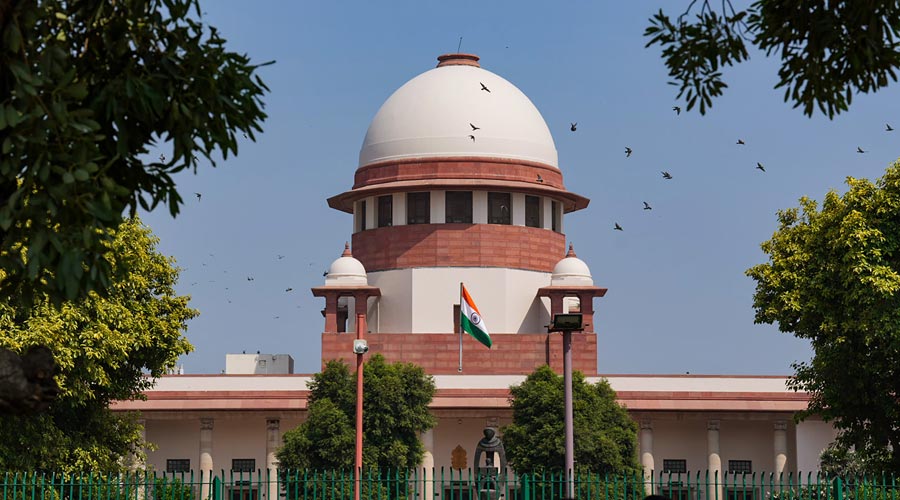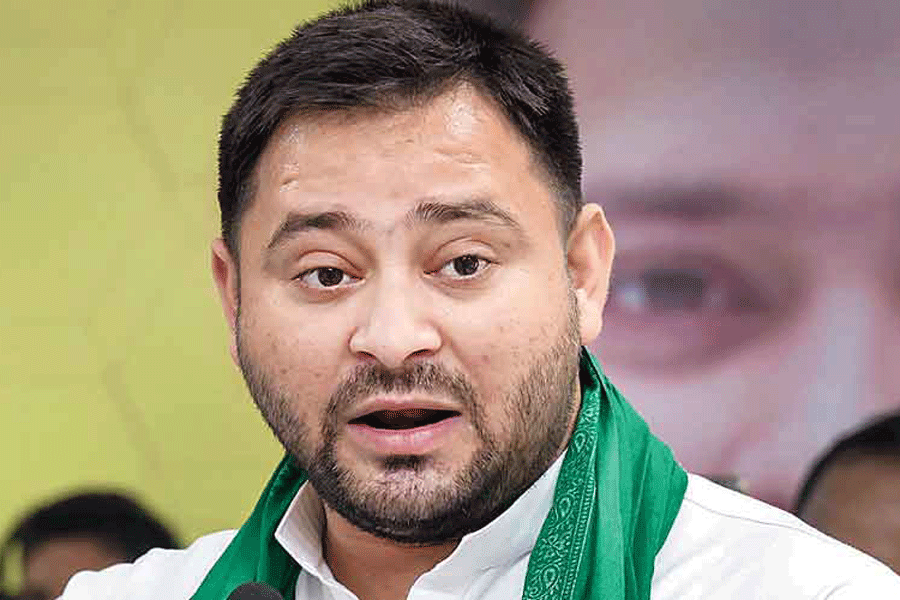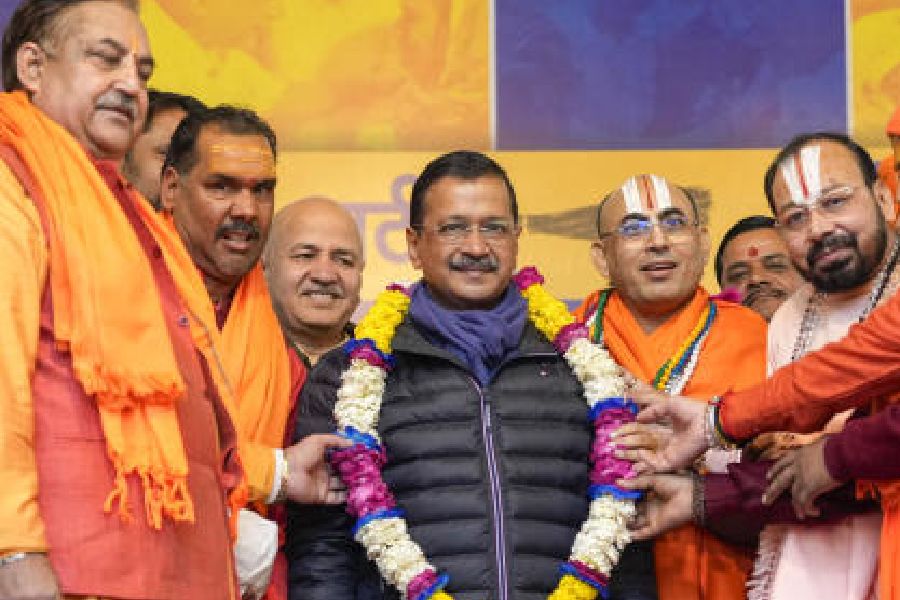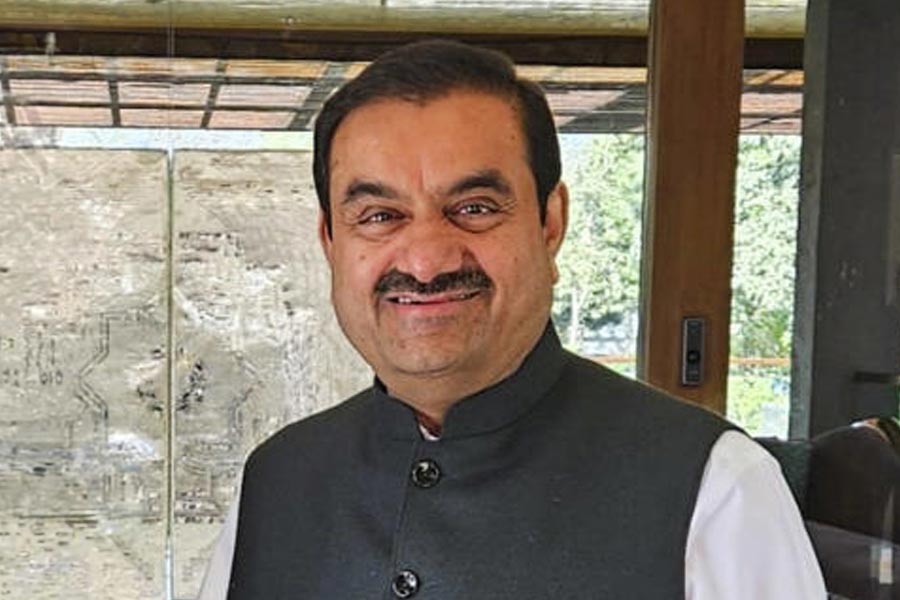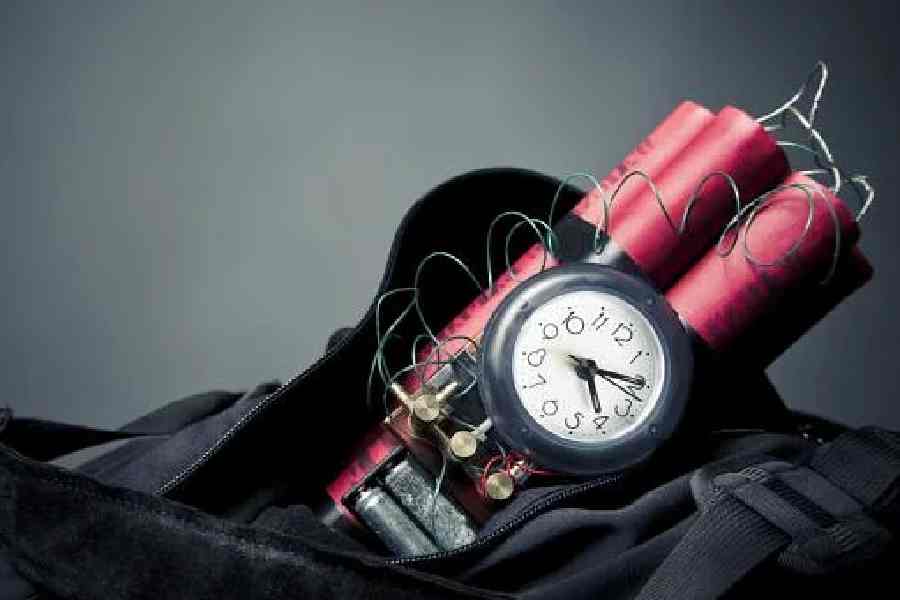It is an unusual moment for the country when the highest court in the land labels the State impotent. Reportedly, the Supreme Court said this when sitting on a contempt petition against authorities in various states for not taking action against those who made hate speeches. The contempt petition had reached the court only because State authorities did not act against the guilty in time and appeared powerless. From another point of view, it could be said that the issue was political, administrative and, ultimately, cultural — a symptom of what is permissible in the dominant culture. The Supreme Court laid bare the basis of this apparent impotence by stating, with memorable clarity, that hate speeches would persist as long as politics was linked to religion; if politicians stopped using religion, and the two were segregated in the national discourse, hate-mongering would end. An observer might discern a quiet inversion beyond this: the impotence or powerlessness of the State screened a reluctance to control the spread of hatred to popularise its brand of politics mixed with religion.
The court referred to “fringe elements” which vilified others, even ordering them to go to Pakistan. Its reminder to the effect that those so addressed had chosen to stay in India and were equal citizens seemed to bring out the obduracy of the admonished attitude, since the advocate representing a saffron outfit responded that things would not go to that level as long as his client remained in the majority. It put in a nutshell the chief elements of the Narendra Modi-led government’s formula of domination: ‘other’ religious communities were not to be considered equal while the majority religion wielded political and social power. In this context, the solicitor-general’s presumably untimely insistence that a hate speech in Kerala by a member of the minority community be heard then in court did not seem strange. His presentation of one example appeared to suggest that ‘others’ also expressed hatred while he provided proof of the Centre’s potency by referring to its ban on the Popular Front of India. As that is an organisation of the minority community, it is not clear how that negated the broader implications of the impotence which the Supreme Court had identified.
The Supreme Court’s pronouncements could not be more welcome. But the unperturbed one-sidedness of the responding lawmen was far from promising. Ironically, the law of the land and the secular Constitution to which the court alluded directly and indirectly are precisely those edifices that the saffron brotherhood wishes to dismantle. That the lawyers representing the State stuck to their sectarian guns — as was their brief — is an indication of the government’s rather different view of law: it is not the same for everybody. The country should not come to such a pass that secularism and democracy are upheld only within law courts. The people alone can prevent that.

